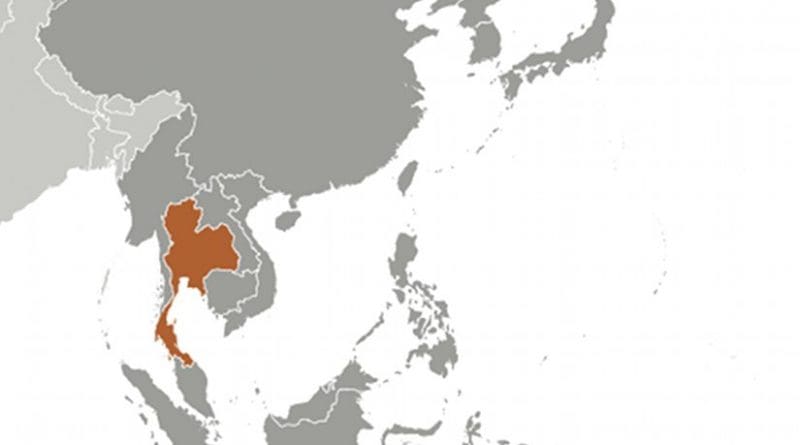Thailand: Junta’s Agenda Clearer After Yingluck Verdict – Analysis
By Michael Montesano
In impeaching a prime minister who left office more than eight months earlier, Thailand’s National Legislative Assembly (NLA) may have made legal history.
But this curious exercise was not so much about Ms Yingluck Shinawatra’s impeachment for running a botched rice subsidy programme as it was about stripping her of her political rights for five years.
With their verdict, the soldiers and civilians, whom the National Council for Peace and Order (NCPO) junta appointed to the NLA, have sidelined a woman who emerged during her premiership of almost three years as a popular and rather effective politician in her own right.
Against all expectations, that is, she became more than a mere proxy for her older brother Thaksin. This may explain the NCPO’s determination to ban her from politics. It may also explain the further criminal charges, also relating to her government’s rice policies, now pending against Ms Yingluck.
Conviction on these charges could see her sent to prison for a decade. Thailand is under authoritarian rule, and authoritarian regimes make a habit of neutralising their opponents by means of specious legal processes.
Some observers have begun to speculate about the future of Ms Yingluck’s Puea Thai party, and the impact of its leader being banned from politics, on the party’s prospects in the elections that may occur next year.
Others see the NCPO’s persecution of Ms Yingluck as its way of throwing a bone to those segments of Thai society who have for years felt blinding and visceral hatred for the Shinawatras.
The naked praetorianism of Prime Minister Prayut Chan-o- cha’s government, we must bear in mind, has meant that many among Thaksin’s long-time civilian opponents find themselves denied political influence today. Punishing Ms Yingluck may leave them feeling less alienated for a while.
But focusing on these matters is to miss the point. It is by no means sure that the Thai political order the NCPO has set out to build – above all, by means of the Constitution whose drafting is now under way – will allow for the existence of large political parties like Puea Thai.
Neither is it clear what role such parties will be able to play, even if they do reappear. A powerful and perhaps unelected Senate, and strong extra-parliamentary bodies under military, judicial and bureaucratic control, may well turn the elected Lower House of Thailand’s Parliament into nothing but a debating society.
Little could more effectively discredit Thailand’s civilian political class than the spectacle of its members devoting their energies to participation in an irrelevant talking shop.
And this should be clear: The goal of the NCPO is nothing less than rendering that political class both impotent and discredited. The objective of the restructuring of Thai politics, which the junta and those civilians who now serve it have embarked on, has all along been much broader than just the elimination of the Shinawatras’ influence over Thailand’s politics and economy.
It is largely for this reason that the junta has marginalised the mass movement that sought to drive Ms Yingluck from power in late 2013 and early last year.
General Prayut and his fellow soldiers have no interest in “reform” that will result in the political ascendancy of members of Bangkok’s newly politicised, Democrat Party-leaning, “yellow shirt” middle classes. Rather, the junta’s vision is fundamentally one that is centred on depoliticising Thailand.
It is in this context that we must understand the NLA verdict against Ms Yingluck on Friday last week. The courage with which the former prime minister has confronted her antagonists notwithstanding, this verdict represents one more milestone on the road towards sustained authoritarian rule that the NCPO has mapped out for Thailand. Continued deliberations on Thailand’s next Constitution and the junta’s subsequent efforts to shape the environment in which Thais will next go to the polls will see the country pass more such milestones.
What remains to be seen is whether, as it pursues its dispiriting agenda, the junta will begin to encounter significant bumps in the road or whether it will realise that agenda as smoothly as its appointees have driven Ms Yingluck from politics.

